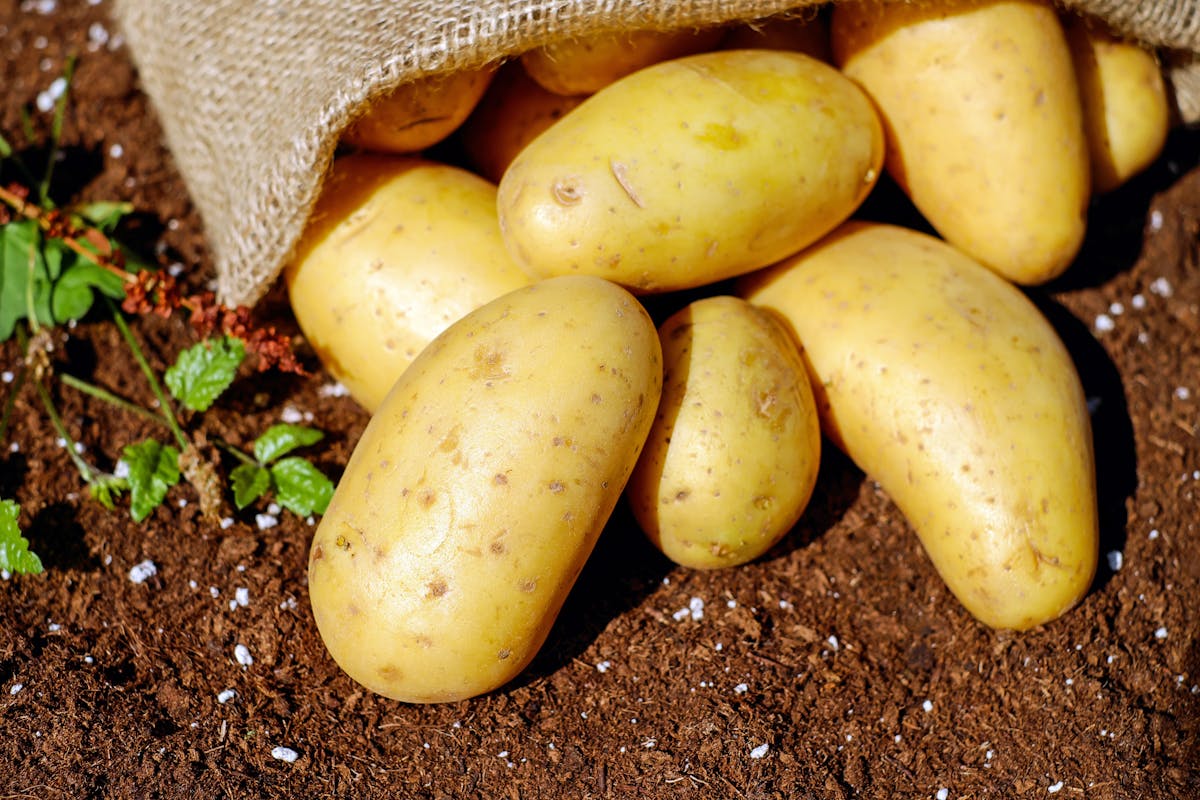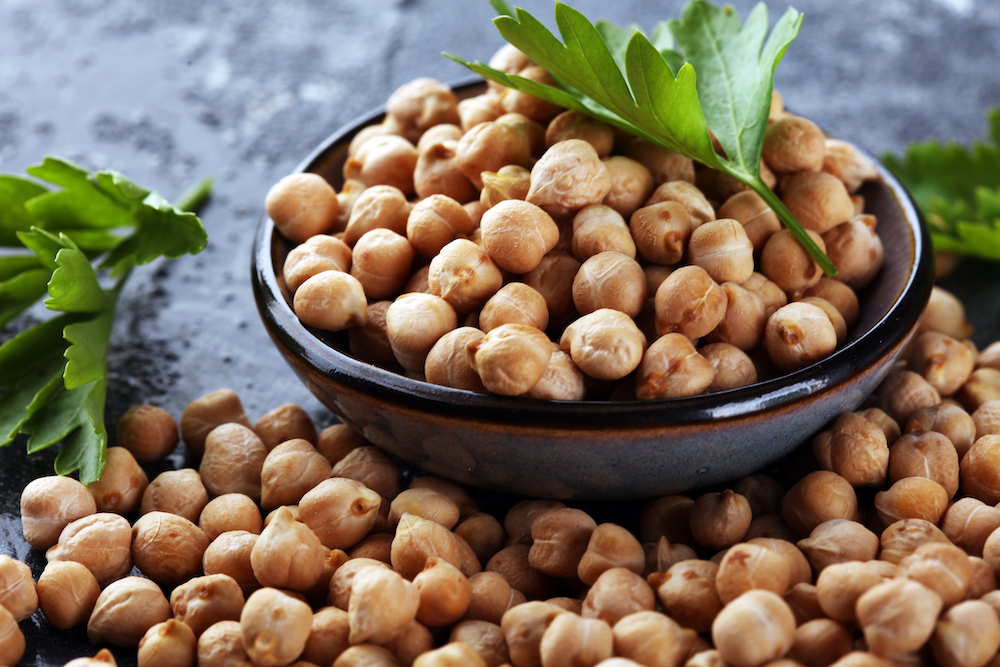
This Potato Dish Most Increases the Risk of Diabetes
Consuming French fries just three times a week is associated with a 20 percent higher chance of developing type 2 diabetes
In contrast, eating the same amount of potatoes prepared in other ways – boiled, baked potatoes or mashed potatoes – did not show a significant increase in the risk of diabetes.
The study also found that replacing any type of potato with whole grains was linked to a lower risk of type 2 diabetes, while replacing it with white rice was associated with a higher risk.
Potatoes provide beneficial nutrients such as:
fiber
vitamin C
magnesium
However, potatoes are rich in starch, which gives them a high glycemic index. This is associated with a higher likelihood of developing type 2 diabetes.
So far, studies have not examined how cooking methods or specific foods that replace potatoes in the diet may influence their overall health impact.
The Impact of Potato Preparation on Diabetes
To explore this, researchers analyzed how different methods of preparing potatoes – boiled, baked, or mashed – compared to French fries, were associated with the risk of type 2 diabetes.
They also studied the effects of replacing potatoes with other carbohydrate-rich foods, including whole grains and rice.
The analysis used data from more than 205,000 U.S. health professionals who participated in three major studies between 1984 and 2021. All participants were free of diabetes, heart disease, and cancer at the start and completed detailed dietary questionnaires every four years.
Increased Risk from French Fries, but Not from Other Potatoes
During nearly 40 years of follow-up, 22,299 people were diagnosed with type 2 diabetes.
After adjusting for lifestyle and dietary factors associated with diabetes risk, researchers found that:
for every three weekly servings of potatoes, the rate of type 2 diabetes increased by 5 percent
for every three weekly servings of French fries, the rate increased by 20 percent.
However, a similar intake of baked, boiled, or mashed potatoes was not associated with a significantly increased risk:
replacing three weekly servings of potatoes with whole grains reduced the rate of type 2 diabetes by 8 percent.
replacing baked, boiled, or mashed potatoes with whole grains reduced the rate by 4 percent
replacing French fries reduced the rate by 19 percent.
Replacing with white rice increases the risk
In contrast, when potatoes – baked, boiled, or mashed – were replaced with white rice, this was associated with an increased risk of type 2 diabetes – reports b92.
This is an observational study, so no firm conclusions about cause and effect can be drawn, and researchers cannot rule out the possibility that other unmeasured factors may have influenced their results.
"Our findings highlight that the association between potato consumption and type 2 diabetes risk depends on the specific foods used as replacements. The results also align with current dietary recommendations that promote including whole grains as part of a healthy diet for the prevention of type 2 diabetes," the researchers concluded.
They also note that with their relatively small impact on the environment and health, baked, boiled, or mashed potatoes can be part of a healthy and sustainable diet, although whole grains should remain a priority.





